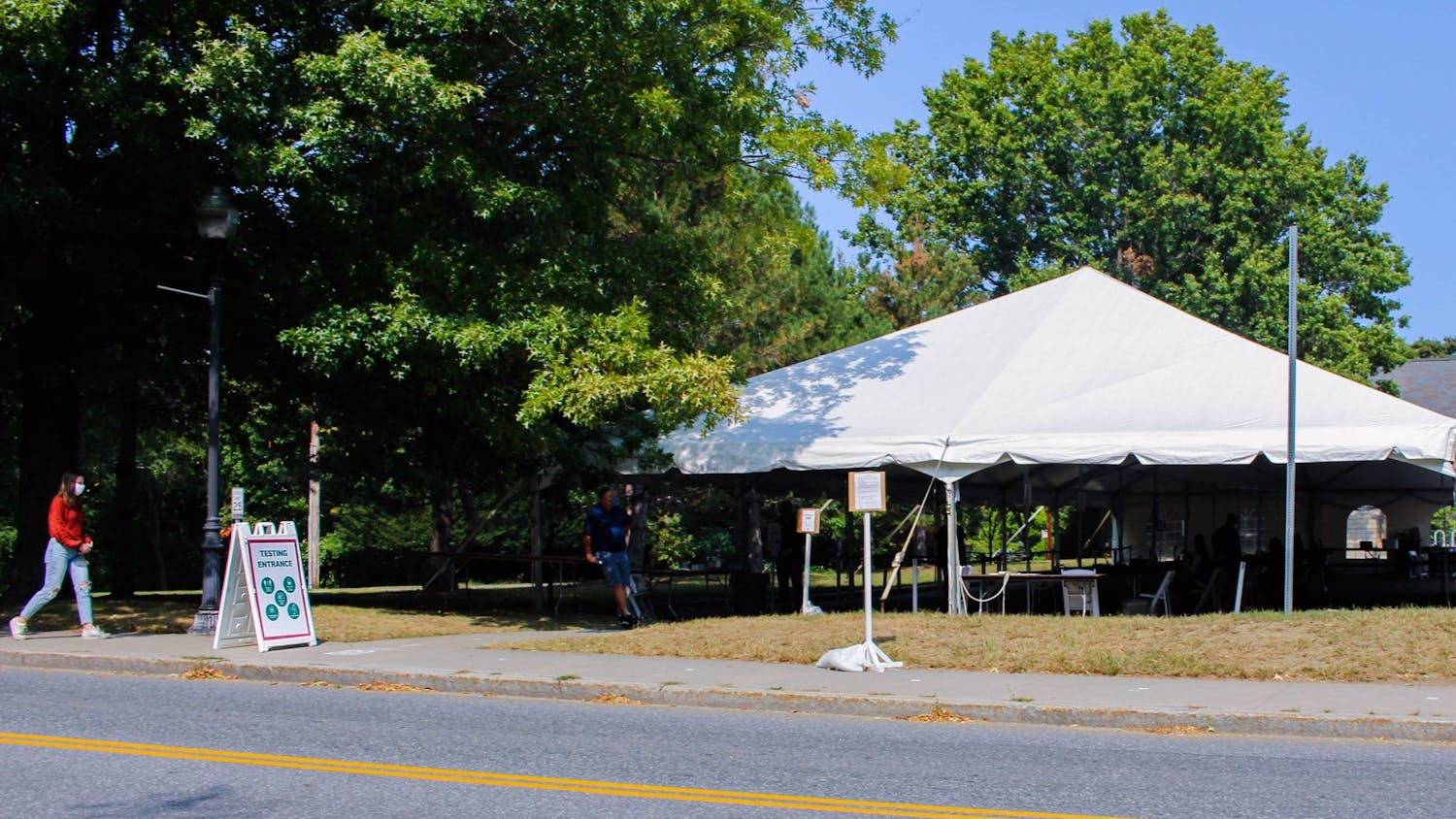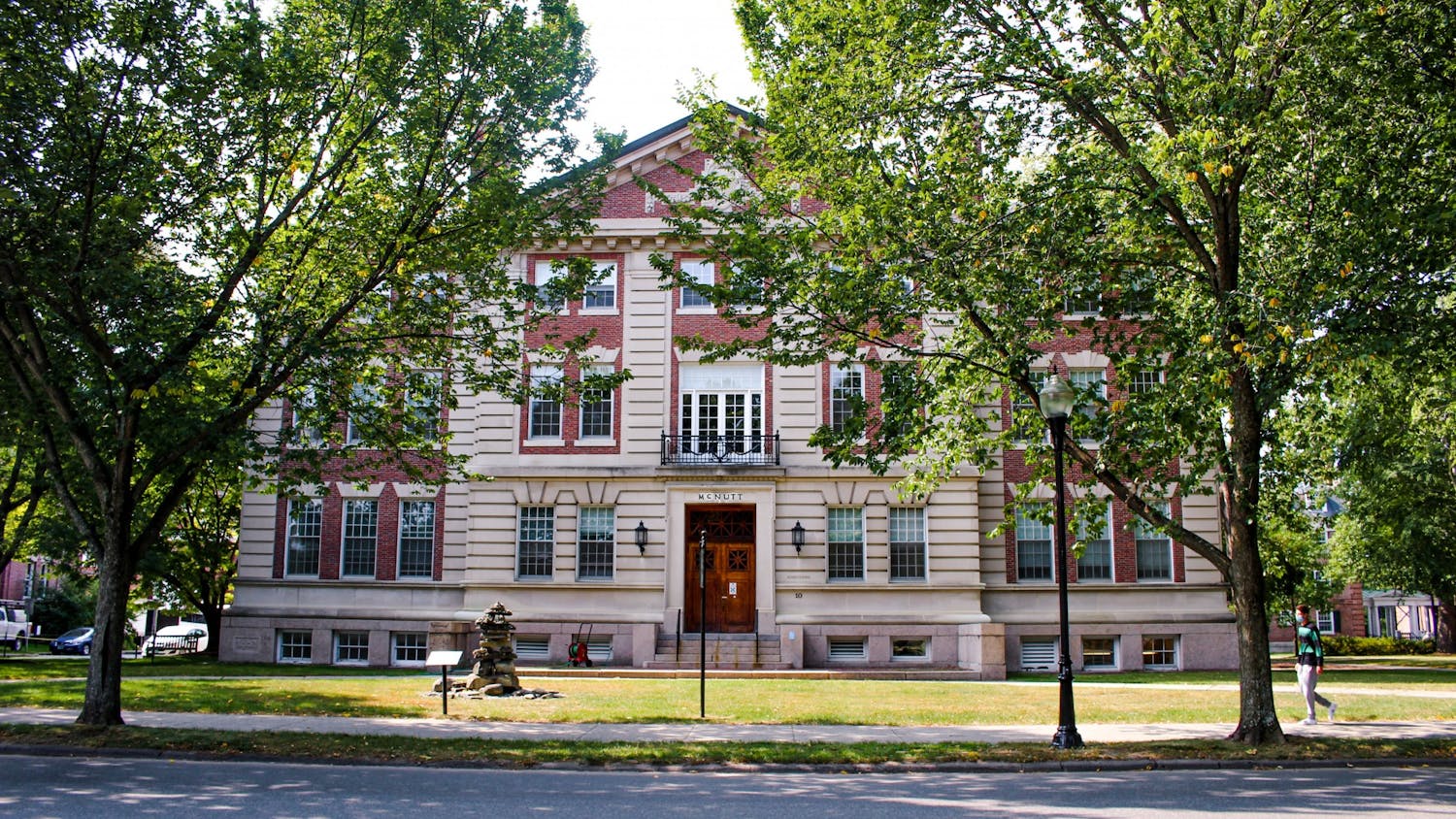Now more than ever, we all need a break. During the recent COVID-19 outbreak, students on campus found themselves trapped in dorms, isolated and anxious about impending finals. With case numbers beginning to drop, students are ready for a respite from the chaos. Luckily, spring break is only a week away.
The pandemic is still raging, however, which means that students and their families have to make decisions about the ethics of travel. Given high case numbers across the country, the Centers for Disease Control and Prevention still recommend avoiding non-essential travel. Despite that, some students are weighing the chances of contracting and spreading COVID-19 against the opportunity to relax after a taxing year.
After canceling a trip to south Florida to celebrate her sister’s high school graduation last year, Lynne Li ’24 plans to spend this spring break with her family in Florida’s panhandle.
“My dad just really wanted to get away from where we live in Kansas,” Li said. “He has been here for so long, and because he works from home, he just wanted to be somewhere else, [somewhere] that’s conducive to his mental health.”
Li said her family has been cautious about the trip. They plan to follow safety guidelines, including driving to Florida rather than flying. Li said that they also plan to keep to themselves while in Florida, where new cases are hovering around 4,000 per day.
Amogh Pande ’24, who plans to attend a cousin’s wedding in Nepal, left campus a few days ago to quarantine before seeing vulnerable family members. Pande had originally wanted to go to Nepal last summer, as his family has a tradition of visiting family before major life events like going to college, but he was unable to due to the pandemic. Though still wary of risking infecting others, Pande believes the precautions he plans to take this break will be enough.
“I’m going to see family — a lot of them are elderly, so I didn’t want to accidentally give [the virus] to them,” Pande said. “I’m also going to quarantine before, but [going to Nepal] is going to be worth it. Hopefully I get to give a speech at the wedding.”
For some students, the significance of their spring break plans outweighs the potential risks of traveling to other states or abroad. But other students have decided to forgo travel until the pandemic ends.
After living away from home all term, Harry Grigorian ’23 is staying in Bethesda, Maryland over spring break to spend time with his family.
“I think with the ethics of it right now, you still need to find ways to connect with people — especially your family — but traveling can put your own family in danger. I don’t want to get sick; I don’t want my parents to get sick,” Grigorian said, adding that his family was happy to spend time together at home after being apart most of the year.
But deciding whether to travel during the pandemic isn’t just about balancing mental health with physical health. It’s also about having the resources to plan an elaborate vacation in a pandemic.
“The only reason we can go is because we can afford it, and privilege plays into that,” Li said. “Anytime you go on a vacation, it requires privilege. I guess it’s even worse with COVID — because my dad works from home, we can go.”
Pande echoed Li’s sentiment.
“I’m fortunate to be able to travel, but I have friends that aren’t able to do the same things,” Pande said. “A lot of students are planning on staying [on campus] right through finals because their home might not be the best place to study, and they might not have great access to food and accommodations. [Things like this] really accentuate the wealth divide we have at this school.”




